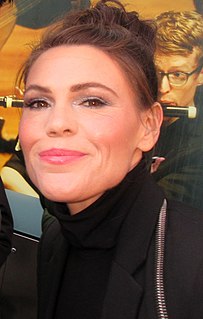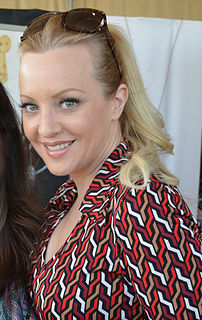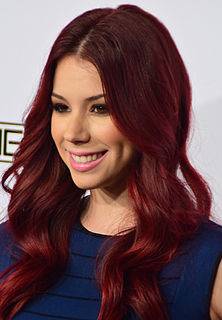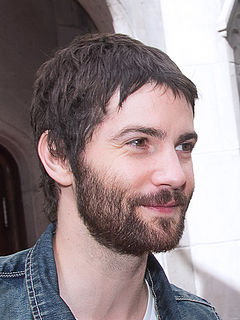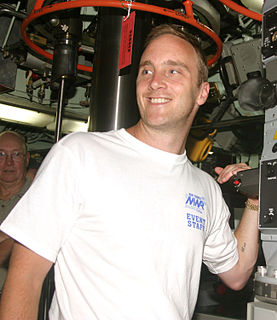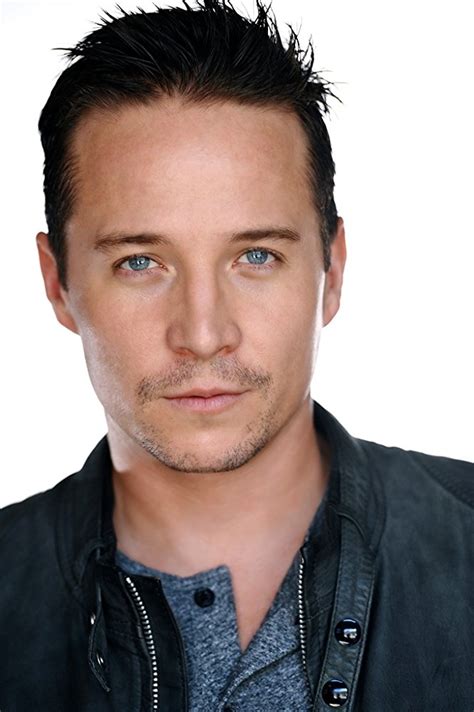A Quote by Clea Duvall
When the scene is over, a lot of people cut. The actors are acting. And they just stop acting. But I think that leaving people in that moment and seeing where else it can go and pushing them to take it further, a lot of special things can happen.
Related Quotes
I learned how to let other performers have their moment. A lot of people can't do that. They just chew the scenery and steamroll over their scene partners. It doesn't make you look better in the long run to do that. You have to have balance in your scene. If it's somebody else's moment, let them have it. Learn how to be generous. Plus, it makes the audience hate you.
We have so much access to one another through technology and everything else, that we're very much used to people being real. When folks go on TV and they're basically acting - if they were good actors they'd be acting and paid for it for a living, but they're not good actors. When we see bad acting, it doesn't look like bad acting, it looks weird, and we are turned off by it. I'm not talking about anybody in particular, that's just politics right now. This generation, I feel like, has incredible bullshit detectors.
'Everwood' I think provides a unique feeling, an emotional experience. And other shows on TV don't have the acting talent to do that. Each one of our actors can do a serious scene and a humorous scene, and can do it all within the same sequence. They can go from a heartbreaking moment to a humorous moment.
British actors come at acting from a slightly different angle. Because a lot of the films are cast out there, they are so used to the angle from which the Americans, and certainly the young guys from L.A., are coming at it, that I think it's interesting for them to find these English actors who maybe approach acting from a different place.
British actors come at acting from a slightly different angle. Because a lot of the films are cast out there, they are so used to the angle from which the Americans, and certainly the young guys from LA, are coming at it, that I think it's interesting for them to find these English actors who maybe approach acting from a different place.
A lot of people say I've missed out on a lot because I started acting at such a young age. What's so obvious to me is that I actually was really lucky. I gained a lot and I got a head start in what I wanted to do in life. A lot of people in their late 20s, early 30s are just beginning to figure out where they want to go.
Anytime I get an acting role, I find a way to learn about something new, or heal a part of my life that I didn't know was hurting. I think anybody could benefit from taking acting classes. You don't necessarily have to want to be an actor or pursue the acting business. But just taking an acting class, you're going to learn so much about life and what it's like to walk in somebody else's shoes. It helps you stop judging people. It does something to you where you become empathetic to people's plights and journeys, and it makes you a little more understanding and caring.
I think there's a lot of mythos about what's required in acting. The way that actors talk about acting is generally quite punishing, and I think actors want to put forward the idea that they do all of this work because, you know, it's a post-De Niro world, when, largely, in fact, it's almost never true.
